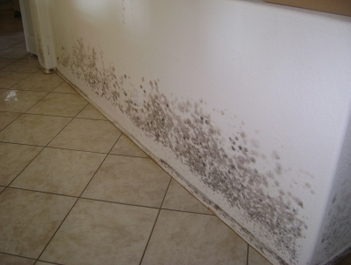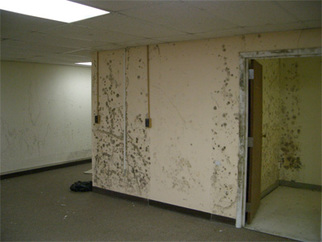|
The home inspector profession is divided into a couple of groups when it comes down to mold testing. You have the group of inspectors who do not test for mold. This group tends to be comprised of the more experienced or seasoned group of inspectors; they do not really offer or sell ancillary services to increase their sales. They use their knowledge and experience to locate the source of moisture that might be supporting mold and then they move on to the next problem. The logic that this group uses is; if you see mold, smell mold then you have mold! Why test for it when you know you have it!  The other group from my experience tend to be the newer inspectors or lets say those with less than five or so years in the profession, they are still building their referral base. They are trying to sell everything under the sun to help supplement their inspection business. Many in this group have attended a one or two-day class on mold sampling and that is about the extent of their knowledge on the subject. The same testing labs that are selling the service to the home inspectors perform much of this training and the so-called “certifications”! Talk about being self-serving and a conflict of interest! With this group, they test for mold and then when the results come back from the lab in a week or so they hand their client the lab report. The report tells their client that they have ABC or XYZ spores in X concentration and that is about the extent of the report. Yes, some do tend to provide a little more information than others, but when it is all said and done with they really don't offer much more than everyone already knew in the first place and that was that the home had mold. The exception in the second group would be those that have the proper training and skill sets to write an abatement plan for a mold damaged structure, but these folks are not easy to come by and tend to work for the environmental consulting firms. They have advanced training and many have specialized degrees or certifications from accredited schools. Just handing a client a "Mold Report" does nothing for anyone, a true abatement plan is needed. The abatement plan is what the mold abatement contractor goes by to clean the structure. It is the road map so to speak of how and what needs to be done. The EPA has a great pamphlet that tells consumers what they need to do when they find mold. It is full of common sense and not hyperbole. http://www.epa.gov/mold/pdfs/moldguide.pdf |
AuthorScott Patterson has been a professional home inspector since 1995. Scott works out of the Greater Nashville TN area. Contact his team at Trace Inspections for all of your inspection needs. Archives
September 2023
|


 RSS Feed
RSS Feed